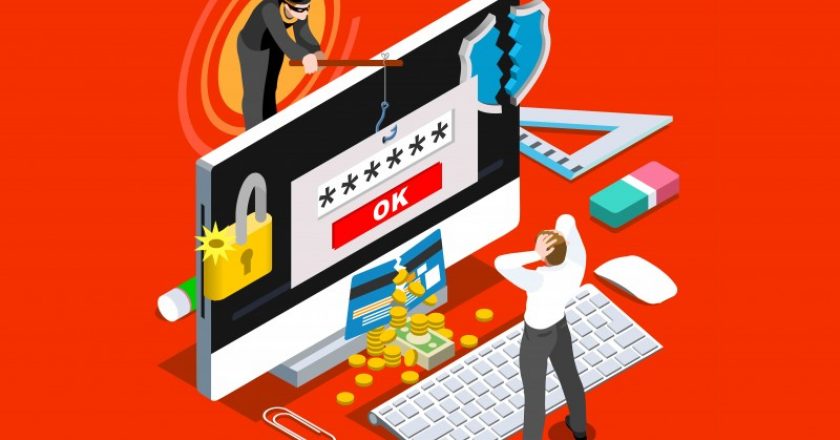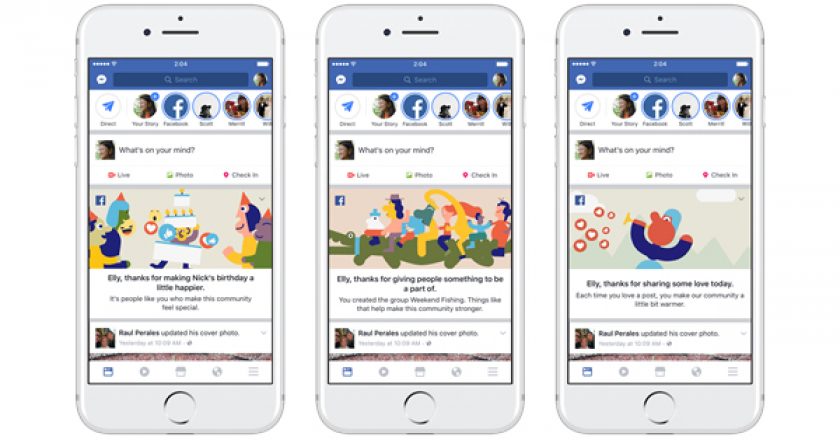Twitter has recently announced that it plans to double its character limit to 280 for all languages except Japanese, Chinese and Korean.



Twitter has recently announced that it plans to double its character limit to 280 for all languages except Japanese, Chinese and Korean.

According to the social media company’s latest transparency report, 299,649 accounts promoting terrorism and violence were taken off the platform.

The survey, directed to 40 government entities, was conducted to identify a clear indicator for the implementation of e-Participation at the Sultanate.

The photo-sharing company said it found a bug that exposed people’s email addresses and phone numbers, which it quickly fixed.

Technology firms Facebook, Google and Twitter are reportedly facing increased pressure from the European Union to amend their user terms and align them more with EU law.

letstango.com, a UAE-based online store, and Air Miles have launched a new partnership.

From rewarding employees for savvy security smarts, to showing them how breaches are relevant to their every-day duties, we’ve got the phishing prevention tips you need.

Facebook has hit 2 billion active monthly users, chief executive Mark Zuckerberg revealed in a post on Tuesday.

Kuwaiti daily Al Qabas reported that the governmental committee will comprise representatives from the ministries of foreign affairs, interior, information and endowments.

The Dubai Department of Economic Development (DED) has recently announced that its e-Trader programme posted a growth of 24.7 percent in May 2017, according to a report by WAM.
GET TAHAWULTECH.COM IN YOUR INBOX